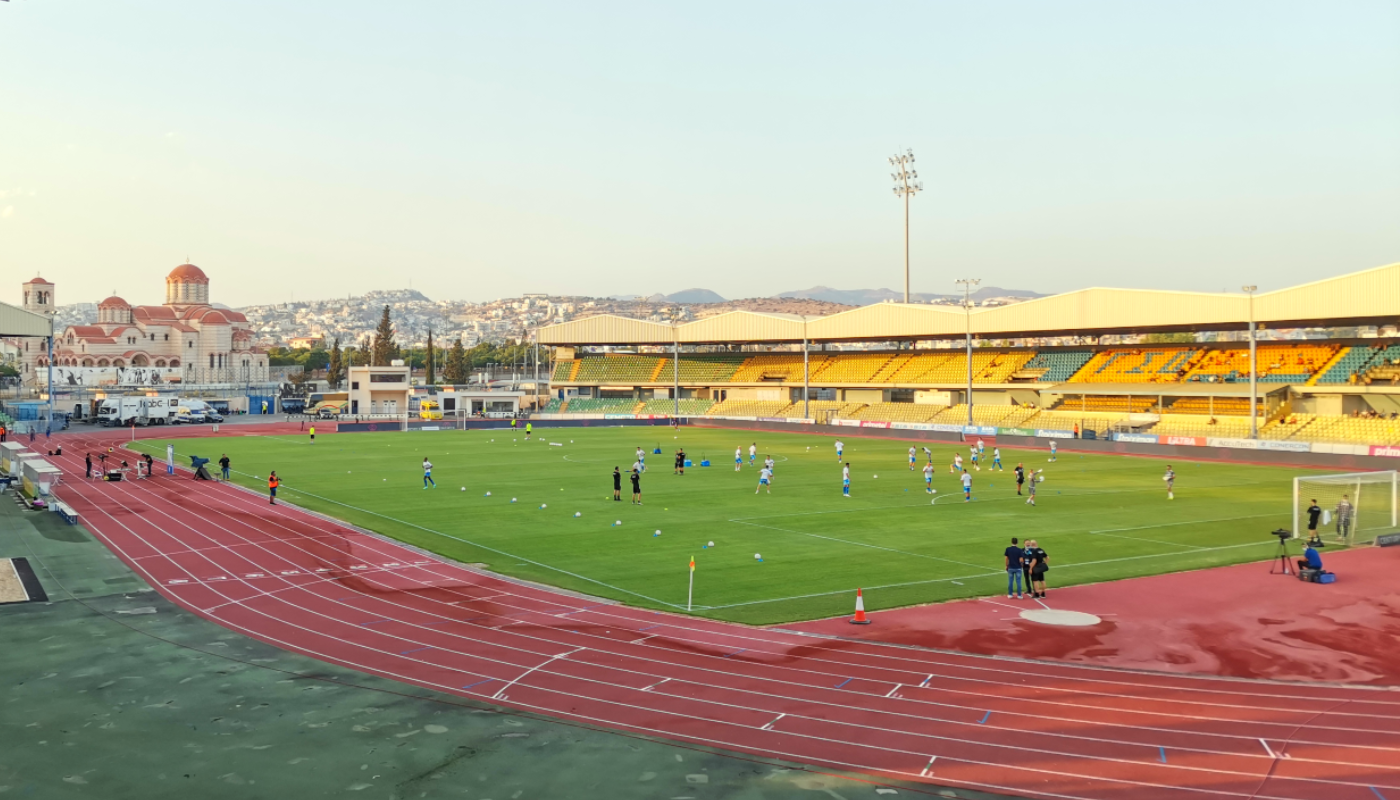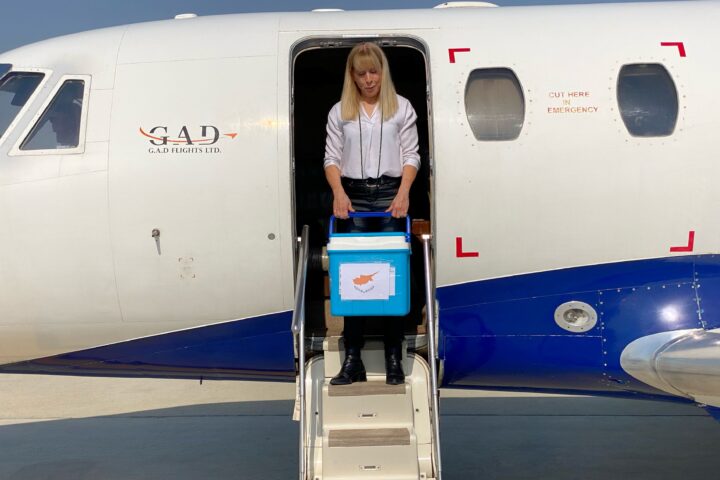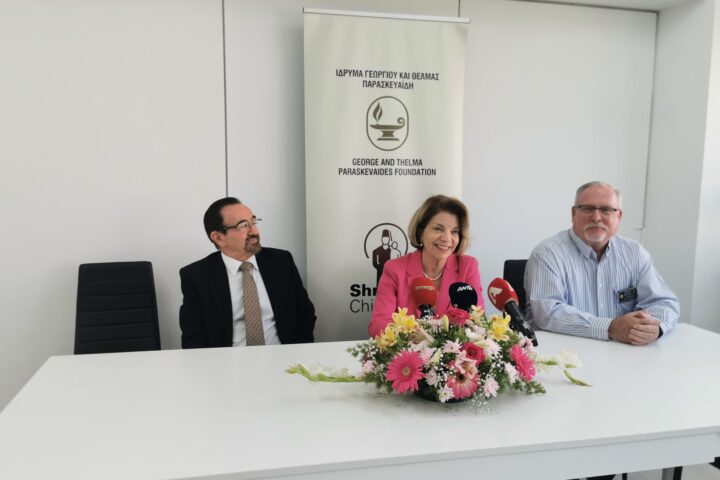Just two out of seven stadia used by topflight football teams in Cyprus are certified as safe for fans and players alike, with most needing multi-million investments to meet standards.
The matter of safety at Cyprus football grounds was brought to the attention of the House Education Committee when MPs heard that only Nicosia’s GSP and Larnaca’s AEK Arena provide adequate safety to athletes and spectators.
MPs heard of stands that could collapse, killing fans attending a game, exposed electrical installations, and other infrastructure in decay.
A Cyprus Sports Association (KOA) survey found that for first division stadia to be safe, some €30 mln will need to be invested in infrastructure work.
If the work is not carried out by next month, the majority of stadia will fail approval for next season, with clubs calling for the state to step in.
Clubs argue that without the government’s support, they will not be able to carry out necessary work on their grounds.
Anorthosis, Ethnikos Achnas and Nea Salamina, three teams displaced following the 1974 Turkish invasion, told MPs that bringing their three stadia up to scratch would cost them €11 mln.
Anorthosis Famagusta representative Marinos Mitrou said that risks would increase with the new season, as more fans are expected to attend matches following the lifting of coronavirus restrictions.
Mitrou said stands or roofs at some grounds could collapse under the increased pressure.
Homeless
The president of Nea Salamina, Yiannos Chrysostomou, said that if authorities do not bail them out, many stadia will be closed, leaving clubs ‘homeless’.
Chrysostomou argued that the team’s Ammochostos stadium was to be closed, meaning that Nea Salamina Famagusta would be displaced for a second time following the 1974 invasion.
The president of Ethnikos Achnas, Kikis Filippou, referred to commitments made by the government over the years, which authorities have failed to carry out.
Any work that is to be done to the stadiums has to be carried out before 30 June, when the Stadium Licensing Authority assesses football grounds.
KOA’s Mary Papamiltiadous clarified that if teams are not in a position to obtain the necessary certificates, then permits will not be issued, or they could recommend closing stands or parts of the ground deemed unsafe.
Meanwhile, athletes of other sports, such as track athletes, face a lack of training facilities as the majority of grounds are unsuitable.
According to KOA, only the Tsirion stadium in Limassol is suitable for track games.
The president of the Cyprus Paraplegics Organisation, Dimitris Lamprianides, said that stadia do not have enough toilets to cater to people, while facilities for the disabled are nonexistent.
“Athletes with disabilities are being excluded from sports, as there are virtually no sports venues that can accommodate their needs,” said Lamprianides










